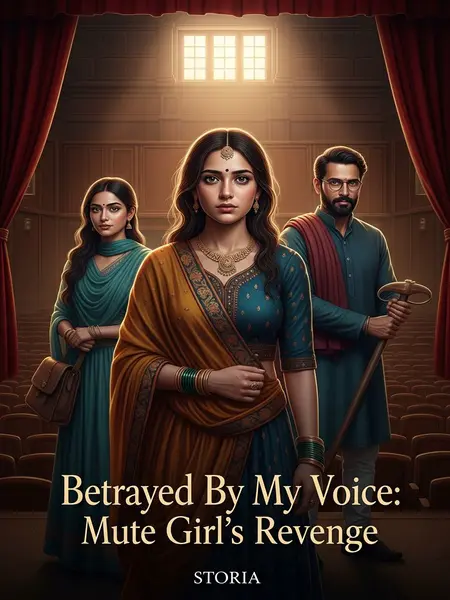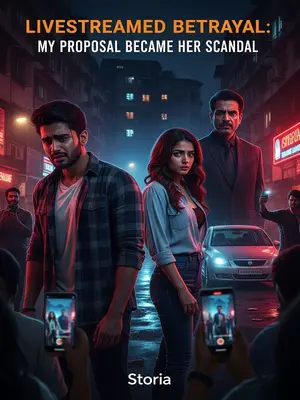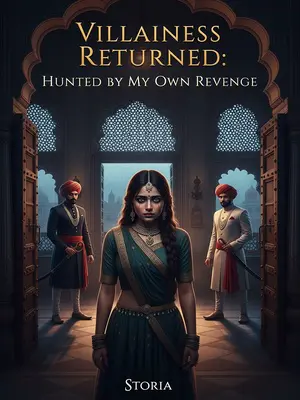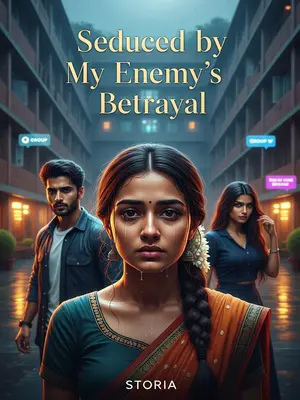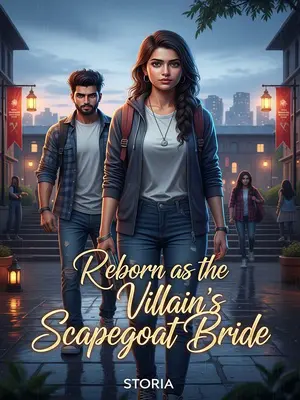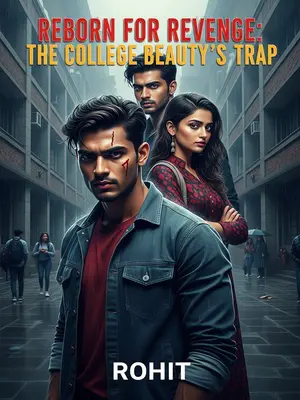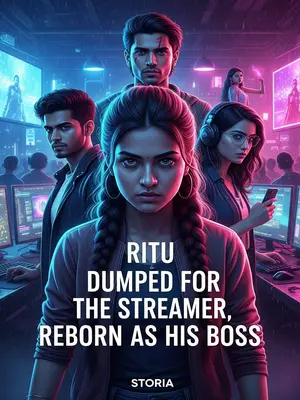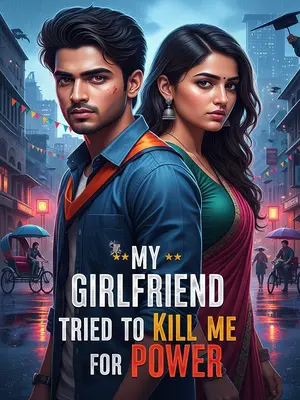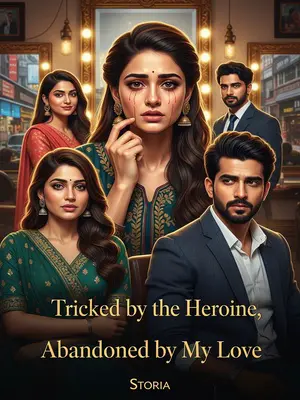Chapter 8: The Breaking Point
Arjun didn’t expect that. His face darkened.
“Meera, tu toh bachpan se sab kuch paati aayi hai. Sabko tujhe hi manana padta tha. Lekin Neha alag hai. Uske mummy-papa bimar hain, chhota bhai school mein hai. Woh scholarship uske liye bohot important hai. Hum toh theek hain. Toh tu kyun nahi help kar sakti?”
His words stung—guilt as obligation, sacrifice as duty. The crowd around us held its breath.
“I thought tu abhi bhi waise hi kind hai, par tu toh bilkul hi badal gayi.”
Even as a mute, anger choked me. I almost forced out a sound.
Is this how people think?
It hurt—like mirchi rubbed into a fresh wound.
“If you want to play hero, why use my things for your goodwill? Did you ever ask me?”
Arjun laughed, cold: “Tune khud hi toh bola tha—yeh song tere taraf se gift hai.”
“Toh maine le liya, aur kisi ko de diya. Mera choice hai.”
“Tu mujhse itna pyar karti hai, toh itni choti cheez bhi nahi de sakti? Tera pyaar hi bekaar hai.”
My palm connected with his cheek, a crack echoing through the corridor. A few people gasped, some grinned—finally, someone had done it.
But as soon as I slapped him, my hand stung, and for a second I almost signed an apology—out of habit. But I stopped. I didn’t owe him anything.
Tears streamed down my face.
He knew I liked him.
He knew I wrote that song for him.
And he gave it away.
He was always popular, and I was jealous. Sometimes I ignored him, but he’d coax me, hold my hand, say, “Mera favourite hamesha Meera hai.”
I believed him. I liked him, foolishly, for years.
Today, I realised my love was just a joke.
Neha rushed to him, holding his face, scolding me: “Ab mujhe tera song nahi chahiye! Kyu maara Arjun ko?”
Her voice was shrill—like a pressure cooker whistle. I wanted to cover my ears.
“Chahiye? Maine kab bola ki dungi? Chor!”
Kabir reached to steady my hand, but I pulled away, stormed forward, and slapped Neha too.
A gasp rippled through the crowd. My hands trembled, but I held my head high.
With the boldest signs I’d ever made, I cursed them:
“Ganda aadmi. Besharam ladki.”
A few students chuckled. Somewhere, an auntie muttered, “Bechari.”
I stood there, tears falling, but proud—knowing that even without a voice, I’d finally spoken my truth.
But as I turned away, a shadow fell across the corridor. Senior Kabir was watching—his eyes promising something I couldn’t yet name.
